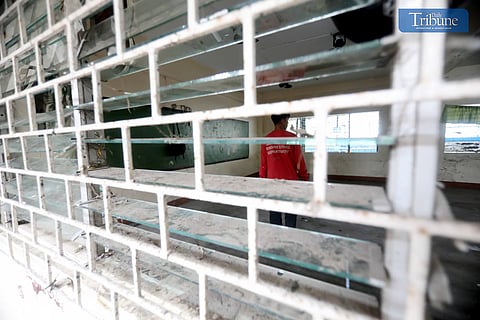
- NEWS
- the EDIT
- COMMENTARY
- BUSINESS
- LIFE
- SHOW
- ACTION
- GLOBAL GOALS
- SNAPS
- DYARYO TIRADA
- MORE

Following the devastating effects of super typhoon “Carina” on Philippine schools, SAVE Ph, a youth environmental organization, urged President Ferdinand Marcos Jr. to “solarize all schools.”
In his third State of the Nation Address, Marcos said, “Solar-powered electricity must now be standard features in our schools and in our classrooms.”
“Enough of lip service. Solarizing our schools and shifting to renewable energy should be the administration’s top priority to ensure that our schools and communities are more resilient to the impacts of climate change,” SAVE Ph lead convenor Zyoen Garcia said.
According to the Department of Education (DepEd) 1,063 schools nationwide were unable to begin classes after being hit by “Carina.”
“The dismal performance at the opening of classes only proves how incoherent our national policies are,” Garcia said.
“While we laud President Marcos’ recognition of the need to power our schools with renewable energy, he must practice what he preaches,” Garcia added.
DRRM ‘not enough’ to solve climate crisis
SAVE Ph emphasized that while evacuation plans and disaster risk management are crucial, they do not tackle the root causes of climate change or its broader impacts.
“As a country hit by more than 20 typhoons per year, the government will do well by going beyond nearsighted disaster risk reduction management to build climate mitigation and adaptation strategies that guarantee resilient communities,” Garcia pointed out.
“Typhoon ‘Carina’ left a trail of devastation in its wake that exposed the weaknesses of the government’s climate efforts and these must be corrected if we seek to survive the climate crisis.”
The DepEd said 832 public schools in areas affected by “Carina” last week decided to postpone their opening, supposedly scheduled on 29 July, to allow the rehabilitation and cleanup of their facilities.
